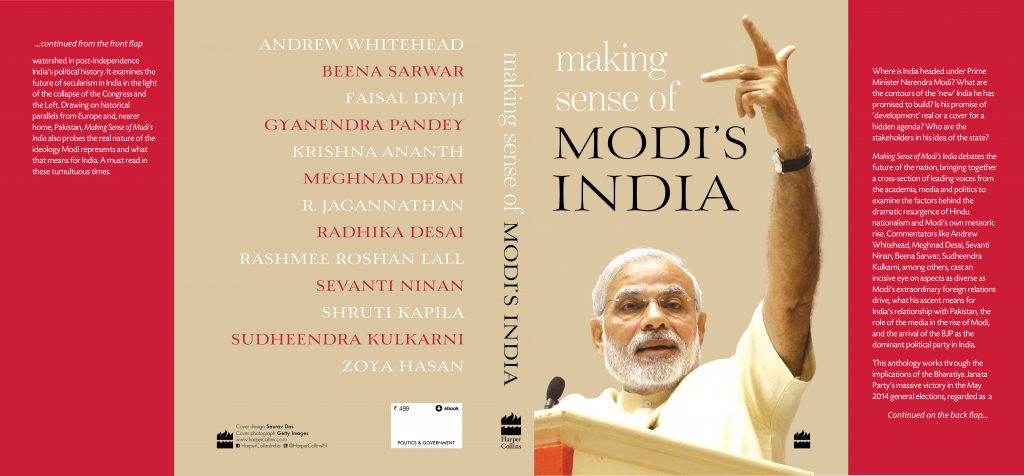It’s worth reading why the half-Indian Marina Wheeler, Boris’s ex-wife, worries about Modi’s ‘New India’

Marina Wheeler, barrister, former wife of Britain’s prime minister and the mother of four of Boris Johnson’s children, began a recent opinion piece with a reference to her Sikh mother.
Dip Singh was displaced from Pakistan in 1947, Ms Wheeler noted.
While writing a book about her mother’s forced journey to India, “the fathers of the Indian republic” were increasingly on Ms Wheeler’s mind. So to this article, headlined “The India my mother knew is becoming unrecognisable”.
What would India’s founding fathers make, asked Ms Wheeler, “of the increasing alarm I hear from my Indian lawyer friends”?
What indeed?
Ms Wheeler, a Queen’s Counsel who specialises in public law and human rights, offers a few pointers.
She says that some “new outrage” each week amplifies her Indian lawyer friends’ “alarm” about the rule of law in India.
She then proceeds to run through relevant examples that prompt concern about the Indian Supreme Court’s reliable impartiality in the defense of constitutional rights. She cites the following:
** Most recently, there was the Indian Supreme Court’s decision “to intervene in the case of Arnab Goswami, a right-wing television news presenter and founder of Republic TV, which is widely seen as supportive of Prime Minister Narendra Modi’s Hindu nationalist government”. The court ordered that Mr Goswami, arrested in a suicide case, be released on bail after a lower court refused his petition. The Supreme Court sat during a holiday recess, Ms Wheeler pointed out.
** In January 2018, “four of the court’s judges themselves raised concerns about administrative interference in the assignment of sensitive cases”.
** In 2019, the Supreme Court decided the dispute over the religious site at Ayodhya by allowing the construction of a Hindu temple there. The site is revered by many Hindus as the birthplace of Lord Ram and in 1992, a mob tore down a 16th-century mosque in Ayodhya. But when the Supreme Court finally decided the matter last year “…there was resignation,” writes Ms Wheeler, “from opponents of the decision and celebration from the Hindu right”.
** The Supreme Court, Ms Wheeler points out, is yet to hear petitions challenging the August 2019 decision by Mr Modi’s government to revoke Muslim-majority Jammu and Kashmir’s special, semi-autonomous status.
** The Court is also yet to hear petitions challenging the exclusion from a citizens’ register of nearly 2 million people in the northeast Indian state of Assam. Most of the excluded are Muslims.
Finally, Ms Wheeler harks back to her mother, declaring that she would surely “have viewed all this with consternation”. Dip Singh worked at Amnesty International’s London secretariat for 15 years. But in October this year, Amnesty said “an incessant witch-hunt” by the Indian government had forced it to halt operations in the country.
The slew of developments is building its own momentum. And it’s not wholly in favour of Brand India under Mr Modi.
Ms Wheeler concluded by saying she now has the documents she needs to allow her and her sister to apply for overseas citizenship of India.
This is something she has long wanted because it was “a formal link” to her mother’s country. “I want to be a part of this great country,” she added, “but as Mr Modi dubs protesters and critics ‘anti-national’, I worry that the country he calls ‘New India’ may not want my sort. I hope I am wrong.”
No doubt, she will find out soon enough.

